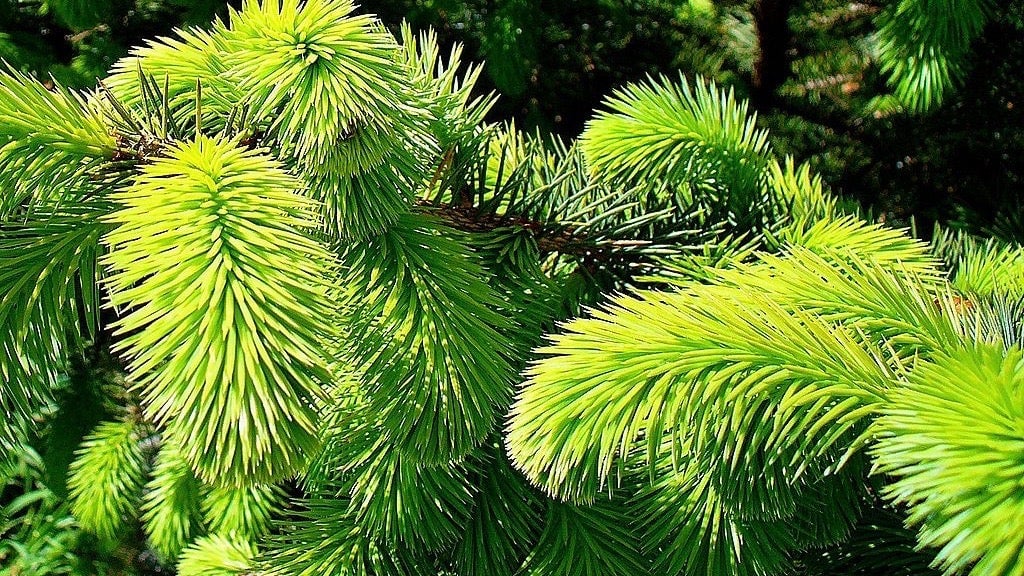Future scientists will study the world’s loneliest tree as a marker of a new geological era
On remote Campbell Island, in the subantarctic waters off New Zealand, stands a tree that keeps the record of global human activity.


On remote Campbell Island, in the subantarctic waters off New Zealand, stands a tree that keeps the record of global human activity.
That’s me. I am “the loneliest tree,” keeper of memory. In my limbs are rings that record humanity’s acts—most notably, a scar from your martial ambitions. In my wood is a clear radioactive trace from the A-bomb tests of the 1950s and 60s. Scientists propose me, the sole spruce on Campbell island, as the “golden spike” that could mark the “great acceleration.” That’s when the effects of technology became so profound and far-reaching that they registered around the globe, even here. And I’m afraid it’s stirred up a scientific war of sorts.
The International Union of Geological Sciences (IUGS) defines Earth’s time scale, and calls our current age the Holocene epoch. Although the era began 11,700 years ago, after the last major ice age, holocene means “entirely recent.” The scientists who study my tree rings, however, and others, have been campaigning for an era change, saying this is the Anthropocene Age. The new epoch of geological time is—of course!—defined by humans, and the name is derived from the Greek “anthro.“
Because I’m so far from your activity, I’m a sure sign of this new era, paleoclimatologist Chris Turney from the University of New South Wales, Australia told the BBC recently. My rings can register the toxicity of human habits, despite my remote location. “The problem with any Northern Hemisphere records is that they largely reflect where most major human activity has happened,” he explains.
Not so with me. I “record the far-reaching nature of that activity” even in the Southern Hemisphere. Turney says scientists “can’t think of anywhere more remote than the Southern Ocean.”
I don’t mind, really. But I’d like to clarify. Despite what humans call me, I am not lonely. Because I am not alone. My home is cradled by the ocean’s embrace, and though I’m the only Sitka spruce growing in this soil, I share the land with plants, grasses, rocks, insects, and animals. Human explorers first discovered our home in 1810, calling it an “uninhabited island.” That just goes to show how little people know about life.
Perhaps if humans could appreciate the interconnectedness of all creations, they would be less inclined to engage in the activities that lead to difficulties for all. Sure, the Earth is always changing. Still, since about the time of your first visit to my island in the early 19th century, you’ve been making products that pollute our planet. Your Industrial Revolution began this process, and the rate of change only continued to accelerate thereafter.
Humanity’s environmental imprint quickly became toxic when you began opening factories that spewed smoke and choked the air with carbon emissions. This led to rapid transformations in oceans, coastal zones, the atmosphere, and on land. And then you kept going.
Take the creation of plastics, for example. For trees, this innovation in the early- to mid-20th century seemed great at first. We thought you would hurt us less if you didn’t need our wood to make your goods. For a very brief moment, it seemed we’d coexist peacefully.
But humans, who are relative newcomers to life, are immature. You can’t do anything in moderation, with due consideration. And soon enough you were trashing the planet, filling the land and oceans with countless products, not least bottles. Plastic production has ballooned from 2 million metric tons annually in 1950 to 380 million metric tons in 2015.
Now, while your scientists attempt to establish this new geological age of rapid environmental change, it’s getting uncomfortably hot and awkward for the rest of us living things. Many humans already realize that your race has gone too far, been too audacious, assuming you own the space we all share.
Yet some of you still don’t see, and that scares me. It’s not change that I resist—call it whatever age you wish! Change is constant; no one knows this better than a tree who watches countless season pass. Rather, it’s the fact that you humans insist on the destructive activity, long after the record has reflected its dangerous effects.